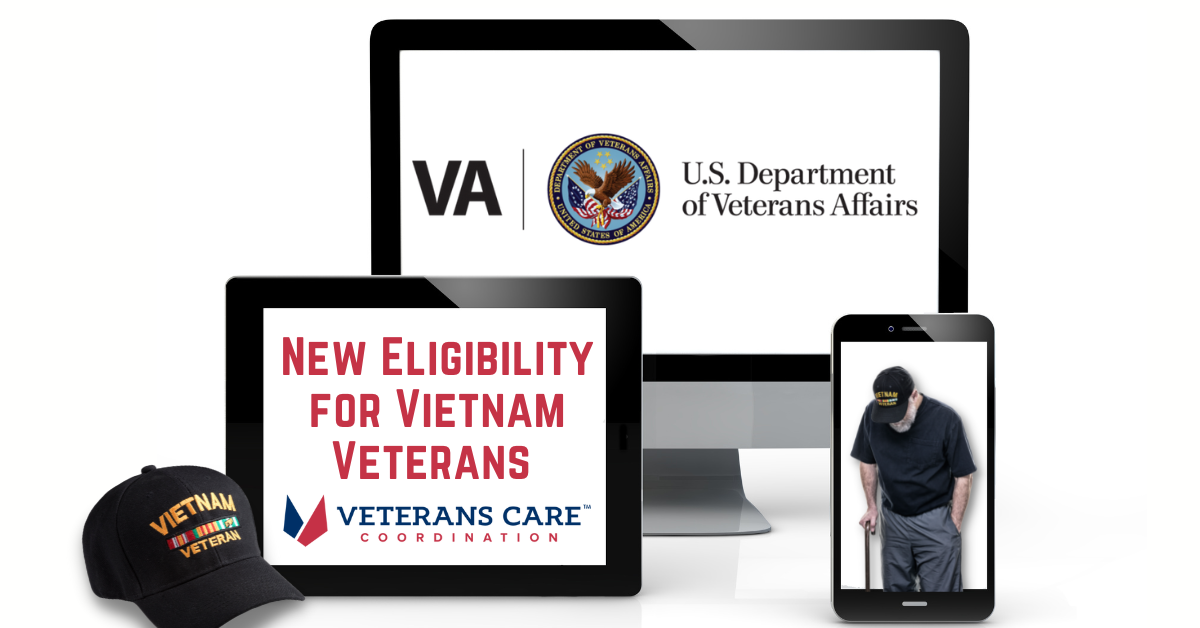The VA Extends Eligibility to Vietnam Veterans

On June 6, 2020, U.S. Senators Jon Tester (D-Mont.) and John Boozman (R-Ark.) introduced the Forgotten Vietnam Veterans Act to expand wartime benefits to veterans who served in the Vietnam War. These Vietnam Veterans have been ineligible for assistance because of differences between the war era dates at the Department of Defense (DoD) and the Department of Veterans Affairs (VA).
Previously, the DoD recognized the Vietnam War era from November 1, 1955, to May 15, 1975, while the VA recognized the Vietnam War from February 28, 1961, to May 7, 1975. This discrepancy has prevented members of the U.S. Military Assistance Advisory Group (MAAG) from qualifying for wartime Veterans benefits. MAAG is a designation for U.S. military advisors sent to other countries to assist in training conventional armed forces and facilitating military aid.
On November 8, 2022, the Department of Veteran Affairs posted a revision to the eligible wartime period for the Vietnam Era to November 1, 1955, to August 4, 1964 (must have been in Vietnam) and the Vietnam War from August 5, 1964, to May 7, 1975. As a result, more than 3,000 veterans who served during this expanded time could now be eligible for VA benefits. One of those benefits, Pension with Aid and Attendance, promotes independence by using the funds for home care.
How many Vietnam Veterans there are is up for debate. According to the American War Library website, it was concluded by the Department of Defense that their best estimate is between 2,709,918 and 3,173,845 served in Vietnam and surrounding waters between the years 1955 and 1975. The New York Times, on the other hand, claims the number of Vietnam veterans is actually around 9.2 million. Regardless of which is correct, the fact remains that most Vietnam-era veterans are now of retirement age. If a Veteran were 18 on November 1, 1955, they would be 85 years old today. The youngest age for a Vietnam Veteran is around 65 years old. Since these Vietnam Veterans are now in retirement, needing a little extra help may become a reality they are unwilling to admit. Often people wait until they have a triggering event that causes them to look into home care. Sometimes it is the perception that home care is not affordable for the elderly or they aren’t ready to admit they need support at home. The reality is the earlier this type of support is established, the longer a person may remain independent in the place they call home. Home care can help establish healthy habits and routines, which may extend living independently.
History books, documentaries, and stories are told of thousands of anti-war activists, celebrities, and some Veterans publicly marching in opposition to the war. Vietnam Veterans returned from Vietnam not with their battalion or company but alone on a plane. Many of them were mistreated because of the condemnation of the war. Veterans felt abandoned by their government and suffered physical and/or mental injuries. Unlike their fathers, who had fought “the good war” and entered a booming economy, Vietnam Veterans returned home to a recession and a VA system unable to adequately help them. As a result, many Vietnam Veterans have avoided the VA or any benefits from their wartime service. A great effort has been made to make this right. Vietnam Veterans should be honored alongside any other wartime Veteran and have the opportunity to age with dignity. Getting this message across will take all of us to take action.
Through our partnership with agencies across the United States, we can assist these Veterans and their families through the application process. Once approved, VCC manages the benefit to support eligibility so the Veteran or surviving spouse can remain independent as long as medically possible. Home care is unknown to most, but it is so vital to the aging process. Home care not only provides support for daily tasks and promotes independence, but it also provides peace of mind for the family. This type of independence is one of the greatest gifts a person can give this generation of wartime heroes and their families. It allows them to age more gracefully and often extends their independence. Together we can honor Vietnam Veterans and their families by giving them the freedom to live the way they want.
